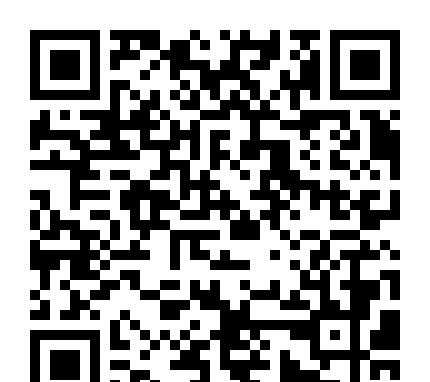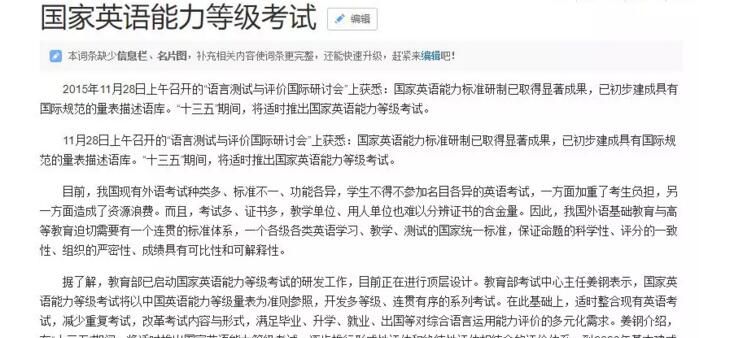职称英语语法:第十四讲
|
第十四讲 虚拟语气的句型分类和用法 虚拟语气的句型分类和用法: 虚拟语气可以粗略地分为两大类: 1.should 型虚拟式:should + 原形动词(往往省去should, 特别是在考试时) 这类虚拟式最多用在以下词或句型中: (1) It is necessary that…的主语从句中,如: 记住下面构成"should型"虚拟式的词: essential (必要的) / important(重要的) / necessary(必要的) / imperative(迫切的)/ impossible(不可能的)/ natural(自然的)/ preferable(更好的)/ advisable(合理的)/ desirable(理想的)/ urgent(紧迫的)/ incredible(难以想象的) (2) order (命令) / recommend(推荐)/ suggest(建议)/ demand(要求) / command(命令)/ propose(建议)/ require(要求)/ request(请求) / insist(坚持认为)/ urge(主张) / advise(劝告)/ ask(要求)/ prefer(宁愿)/ desire(愿望)/ move(提议)/ vote(提议) 由这些词构成的宾语从句,主语从句、表语从句、同位语从句或其他有关句型时,都要使用"should型"虚拟式,例如: It was ordered that the medicines (should) be sent there by plane at once. (主语从句) (3) 在 in case / lest = for fear that(以免… / 以防…) 结构中,例如: 可见,此类虚拟语气比较容易接受,考试时只要认准了上面的那些字一般就不难作出准确选择。 就解题而言,考生要注意:1)A的位置往往安排干扰项,如使用must, may, might, could等类词进行干扰;2)句中往往省去should, 直接用否定词not + 原形动词的形式,以"迷惑"考生,例如: The housemaster(男舍监)was very strict.He asked that we ______ television on week nights. A. must not watch 该题中的"ask"意为"要求",故是个"should型"虚拟式, 正确答案为B. (4)在it is surprising, disappointing, a pity, a shame, no wonder, simply a miracle + 从句的结构中,表示惊讶、高兴或遗憾,例如: 2.were型虚拟式: 所谓were型虚拟式,就是借用行为动词过去时的某个形式以及be动词的"were"这个形式来表达某种虚拟的语气。 由于were型虚拟式主要用在if非真实条件句中,而且它是其他were型虚拟式句型的基础,所以我们先要搞清楚if非真实条件句。 (1) if非真实条件句: 条件句分为真实条件句和非真实条件句: 真实条件句是指真实的或可以实现的条件句,例如:If we work together, we are sure to finish the task in time. (如果我们大家一起努力,就一定能按时完成任务), 动词使用的是真实的时态和形式。 非真实条件句是指对已经发生过的事情,或对不可能发生或实现的事进行假设,例如:"如果当时有医生在,这个孩子就有可能得救了",显然,这是对已发生的事情的一种假设,该句的英语表达为:If there had been a doctor available, the child might have been saved. 为了便于理解和记忆,我们用表格形式加以归纳: 时间 动词形式 举例 过去 if条件句:had done / had been结果句:would have done / been If there had been a doctor available, the child might have been saved. 倒装:Had there been a doctor available, the child might have been saved 现在 if条件句:did / be动词用were结果句: would do (be) If I were you, I would accept his offer. (如果我是你的话,我就接受他的提议。) 倒装:Were I you, I would accept his offer. If I knew the fact, I would tell you. (我要是知道,我就会告诉你) 不可以倒装 将来 if条件句:should do (be) / were to 结果句:would do (be) If it should rain tomorrow, we would stay at home. (一旦明天下雨,我们就呆在家里。) 倒装:Should it rain tomorrow, we would stay at home. If he were to come this evening, I would ask him to help solve the problem. (要是他晚上会来,我就请他帮助解决这个问题。) 倒装:Were he to come this evening, I would ask him to help solve the problem. |








